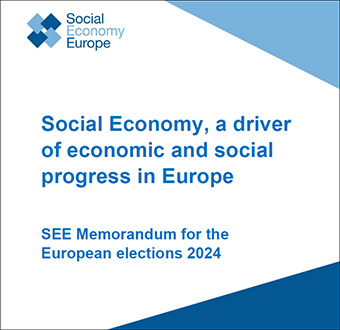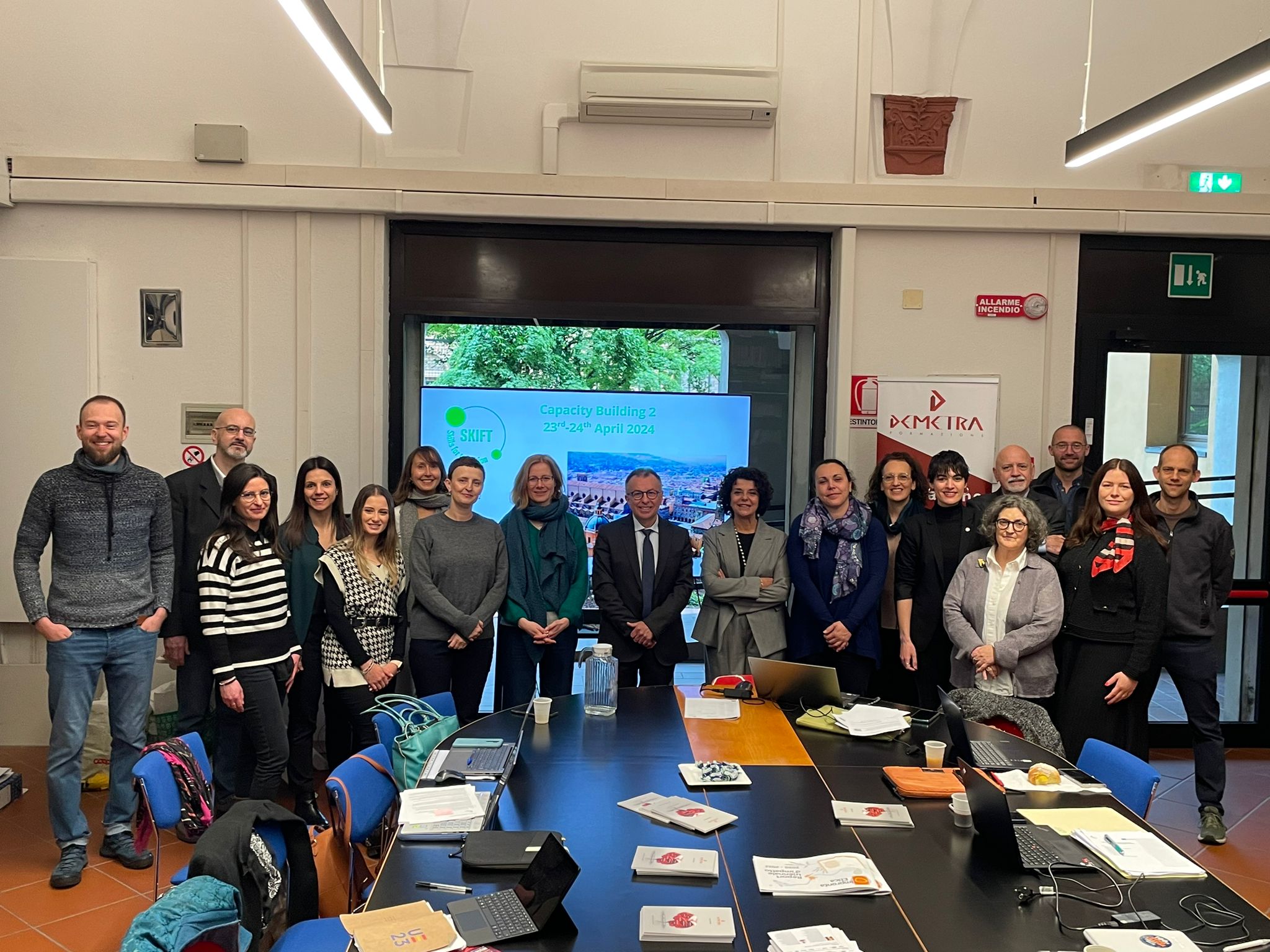In the current Covid-19 context, the European Commission has tabled a number of proposals to adapt EU legislation in order to rapidly make (financial) support and assistance available to all Member States.
In this context, the European Commission decided, for instance, to loosen state aid rules and set up a State Aid Temporary Framework.
The Coronavirus Response Investment Initiative, approved also by the European Parliament in its extraordinary plenary session on 26 March 2020, should make it possible to redirect European Structural and Investment Funds. Member States will, for instance, be enabled to use hitherto unused ESIF budget for 2019 (which, in theory, should be paid back to the European Commission) to support measures fighting (the impact of) Covid-19.
Measures related to public health emergencies will become eligible for the European Solidarity Fund.
On 2 April, the European Commission proposed a new set of measures to further mobilize support against COVID19 – Coronavirus Response Investment Initiative Plus (CRII+), introducing extraordinary flexibility and reducing administrative burden to allow that available funding from the European Structural and Investment Funds can be mobilized to the fullest. (available under the following link : https://ec.europa.eu/commission/presscorner/homen). To make sure that funds can be re-directed to where they are most urgently needed, the flexibilities introduced involve transfers between funds as well as between categories of regions and between policy objectives, easing thematic concentration requirements, giving Member States the option of 100 % EU co-financing for the accounting year 2020/2021 and introducing simplifications in relation to implementation and audit among other. More details about the CRII+ proposal can be found also here: https://ec.europa.eu/commission/presscorner/detail/en/qanda_20_574
Co-legislators will still have to adopt this second package of legislative amendments.
Also the European Central Bank and the European Investment Bank launched specific programmes to help Member States and enterprises (in particular SMEs and mid-caps).
In addition, the European Commission proposed the activation of the general escape clause of the Stability and Growth Pact.
Finally, different forums of exchange have been established, among them a specific database on social and solidarity economy initiatives.
Also and especially in the Covid-19 crisis, the social and solidarity economy all over Europe is currently in the first line and often a key player in the mobilsation of solidarity. It plays a crucial role in finding and operating solutions in the area of health, social and other basic services, inclusion of the most vulnerable up to research and production. However, it is also facing a number of challenges and does often not receive the same attention, recognition and support as other (economic) actors. Social and solidarity economy enterprises and organisations, but also local/regional governments cooperating with the social and solidarity economy: Please share with us difficulties you come across – be it at local, national or European level, but also what ideas and suggestions you have to solve them. Social Economy Europe and its members (among them REVES) intend to mobilise policy-makers and make your voice heard by tabling concrete proposals.
For more information on EU measures relating to Covid-19, please visit the homepage of the European Commission
Read More
SERIOUS GAMES AND GAMIFICATION AS LEVERS FOR THE DEVELOPMENT OF (COOPERATIVE) SKILLS
The potential of (serious) games or gamification for achieving greater learning successes – targeting also,…
2021: A YEAR OF ACTION FOR SOCIAL ECONOMY – STATEMENTS BY REPRESENTATIVES OF EUROPEAN CITIES AND REGIONS
[:en] Despite all challenges and uncertainty at the beginning of this new year: local/regional governments…
An alternative approach to skills, employability and job creation: Women and territories at the centre
Webinar, 12 November 2020, 10-12 am Nothing brought them to light more clearly than the…
International alliance supporting position paper on digital transition/platform cooperatives
Digital transition is at the centre of proposals linked to the EU Recovery Plan, Cohesion…
 Docs
Docs  Support
Support 






